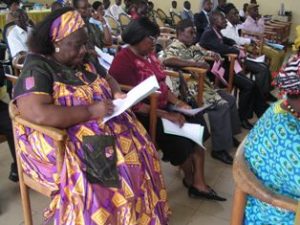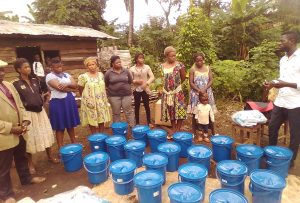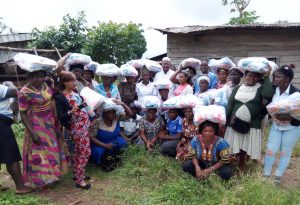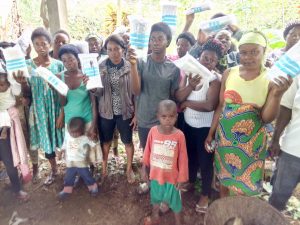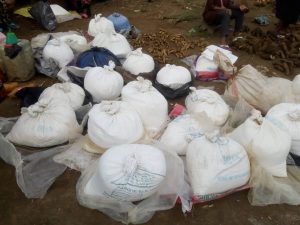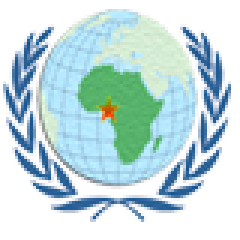Cameroon, a country previously known for its stability, faced violence and serious hum an rights abuses in 2018. The country endured abusive military operations against a secessionist insurgency in two Anglophone regions creating need for humanitarian response
In the South West and North West, government security forces have committed extrajudicial executions, burned property, carried out arbitrary arrests, and tortured detainees. A Human Rights Watch report documented a range of abuses by both sides in the Anglophone regions, including arson attacks on homes and schools. According to the International Crisis Group, government forces and armed separatists killed over 420 civilians in the regions since the crisis escalated in 2017.
While the government maintained it did not tolerate serious crimes committed by security forces, it failed to demonstrate progress in investigating and punishing them.
In the Anglophone North West and South West regions, the absence of a genuine political process to address decades-old grievances against the Biya government contributed to the radicalization of the discourse and tactics of Anglophone activists. Since mid-2017, Anglophone separatists have attacked government institutions and threatened, kidnapped, and killed civilians perceived to side with the government.
In 2016 and 2017, government security forces used excessive force against largely peaceful demonstrations organized by members of the country’s Anglophone minority who were calling for increased autonomy for their region. During demonstrations in late 2017, government forces used live ammunition, including from helicopters, against demonstrators and bystanders, killing at least a dozen people and injuring scores. Some individuals detained in the context of the demonstrations were subjected to torture and ill-treatment.
In October 2017, separatist leaders unilaterally declared independence of the North West and South West regions, and the formation of a new nation, Ambazonia. The following month, President Biya announced that Cameroon was under attack from terrorists and vowed to “eradicate these criminals.” The pace and scale of separatists’ attacks against security forces, government workers, and state institutions increased, especially following the arrest and deportation of 47 suspected secessionist activists from Nigeria in January 2018.
Human Rights Watch found that government forces responded to the growing separatist insurgency by carrying out abusive security operations against communities suspected of supporting secessionist groups. Security forces committed extrajudicial executions, used excessive force against civilians, tortured and abused suspected separatists and other detainees, and burned homes and other property in scores of villages.
During attacks documented by Human Rights Watch, security forces allegedly shot and killed over a dozen civilians, including at least seven people whom witnesses said had intellectual, psychosocial or physical disabilities who did not flee because they were unable or refused to. At least four older women died, burned alive, after security forces set their homes on fire.
Human Rights Watch also documented three cases where security forces detained people suspected of supporting the secessionist cause, and then tortured and killed them in detention. In a fourth case, Human Rights Watch analyzed evidence of torture filmed by perpetrators, who appear to be gendarmes. On September 24 and 27, a total of nine men were allegedly executed by security forces in the town of Buea, according to videos reviewed by Human Rights Watch and a report by the Centre for Human Rights and Democracy in Africa, a local nongovernmental organization (NGO).
Villages and towns in the North West and South West are deserted making a total number of 35,000 people are refugees in Nigeria while more than 240,000 people are internally displaced living in bushes or crowding neighboring towns in the French speaking Cameroon.
Health Care Support
Food security
Gender Based Violence Campaign
WASH
Child Protection
